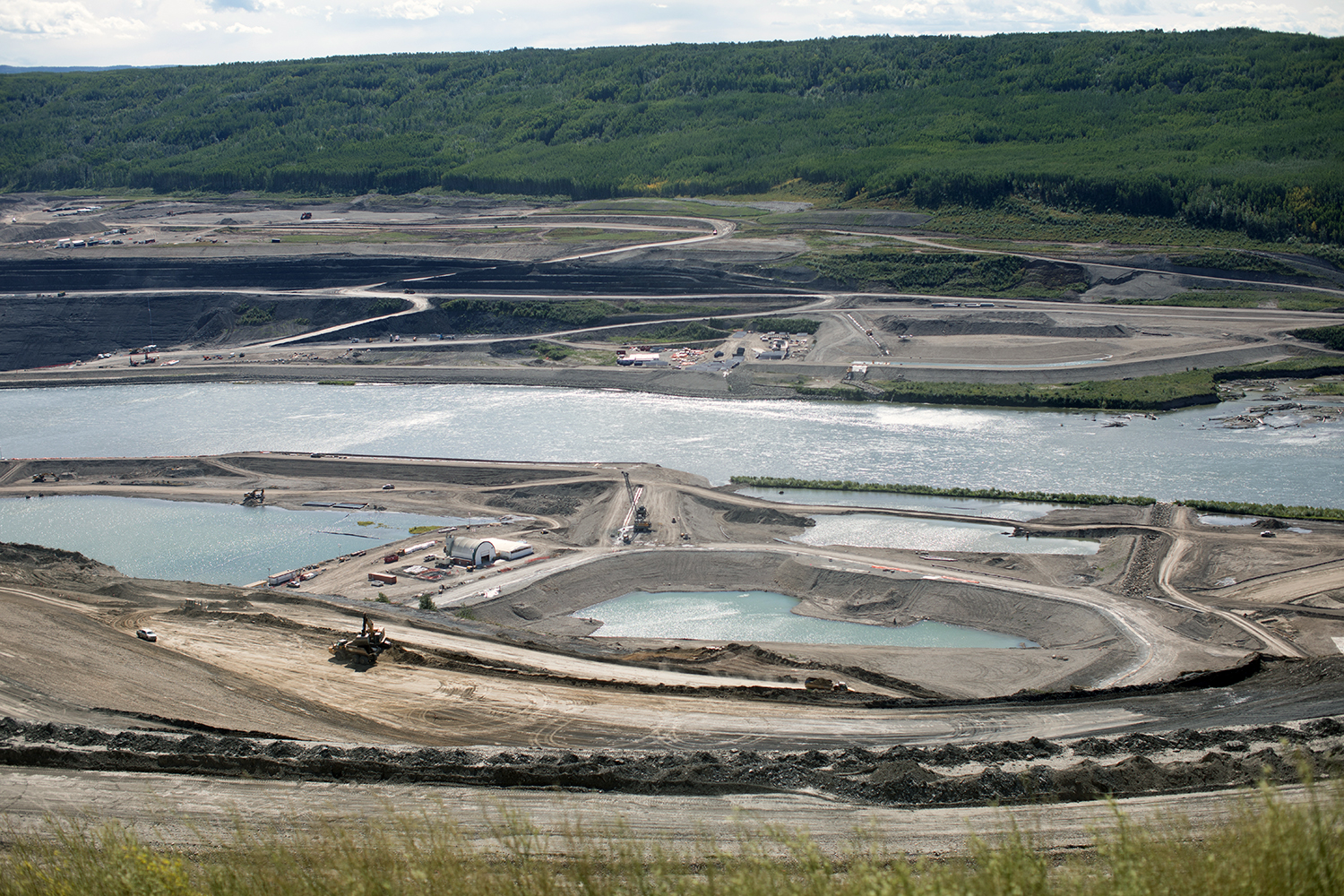As the deadline nears for the provincial government’s momentous decision on whether to proceed with the $9-billion (and counting) Site C dam, one aspect of the controversial BC Hydro project deserves more attention: What do rising hydro rates and a glut of power mean for the financial viability of numerous forest companies and the rural communities they operate in?
Many forest companies produce more than just lumber, panels, pulp and pellets. Some also produce power that is sold under multi-year contracts to BC Hydro.
At present, 17 companies in B.C. produce a combined 850 megawatts of “biomass” power, or 77 per cent of the power available from Site C should that dam be completed. Those plants are diverse and include the Atlantic Power project in Williams Lake, a regionally significant thermal electric plant, and many pulp and paper mills and sawmills on Vancouver Island and throughout the Interior.
Chemical pulp mills in particular are at the forefront of forest company gains in energy efficiency and energy output, gains made largely possible by a $1-billion “green transformation” fund initiated by the federal government that assisted nearly 100 mills across the country.
In my community of Quesnel, where more than 450 men and women are employed in two very different pulp mills, the federal government’s green transformation fund provided $41.5 million to Cariboo Pulp and Paper to install equipment and gain efficiencies that allowed it to produce enough electricity to power more than 14,500 homes annually and to slash its annual greenhouse gas emissions by 18,000 tonnes, or the equivalent annual output of 4,500 cars.
But with Site C’s potential to add another 1,100 megawatts of hydro power to a province already awash in the stuff, questions must be asked.
What happens when Cariboo Pulp and Paper’s sales agreement with BC Hydro expires? What happens when the agreements with the province’s 16 other biomass power suppliers expire? A strong possibility is that such agreements won’t be renewed and that as a result mills will be far less financially viable.
The other pulp mill in town — Quesnel River Pulp — is an energy intensive operation that uses mechanical rather than chemical means to make pulp. For the owners of such energy intensive companies and the communities that rely on the jobs they create, rising hydro rates pose serious competitiveness issues that can put these mills at risk.
In Quesnel, the two pulp mills represent 34 per cent of the city’s total tax base; together they paid $4.9 million in municipal taxes last year.
But the significant contribution these operations make to the fiscal sustainability of our community and the formidable energy pricing challenges these companies face rarely get mentioned as the government moves ever closer to its Site C decision.
Also not mentioned is that BC Hydro has indicated it is unlikely to renew at least half of its biomass power purchase agreements and will seek to slash purchase prices in the contracts it does renew.
So, between walking away from an alternate renewable energy source (that taxpayers basically paid to build) and escalating BC Hydro rates, the economic viability of the pulp sector is being put at risk for a major hydroelectric project that will not have any significant job-supporting impact on B.C.’s economy once construction is complete.
B.C.’s pulp and paper industry has enormous untapped potential to help society further decarbonize by creating biomass substitutes for petro-chemical products — bioproducts such as biofuels, resins for glues, and bio-chemicals that can serve as feedstock for bio-plastics.
This is precisely the kind of thing B.C.’s forest companies should be encouraged to do. Especially in light of the tremendous changes that climate change has unleashed in our forests in the form of ferocious wildfires and unprecedented insect and disease outbreaks.
In response to these climate change-related events, the industry must work with smaller, younger trees and be relentless in reducing the amount of usable wood left behind at logging sites. However, this much-needed shift to bioproducts is being severely hampered by current energy policies that will lead BC Hydro to walk away from the already existing bioenergy contracts and increase electricity rates.
If Site C proceeds, we will not only be walking away from taxpayer funded bio-energy facilities but also risking future investment in B.C. for bio-fuels and bioproducts which the world desperately needs and losing the opportunity for this province to become a world leader in these emerging industries.
The current government should reject what amounts to a political boondoggle of its predecessor’s making. Site C puts jobs, private sector investments and communities at risk by threatening the economic viability of an existing and emergent bio-sector that this planet badly needs if it is to wean itself off fossil fuels. ![]()















Tyee Commenting Guidelines
Comments that violate guidelines risk being deleted, and violations may result in a temporary or permanent user ban. Maintain the spirit of good conversation to stay in the discussion.
*Please note The Tyee is not a forum for spreading misinformation about COVID-19, denying its existence or minimizing its risk to public health.
Do:
Do not: